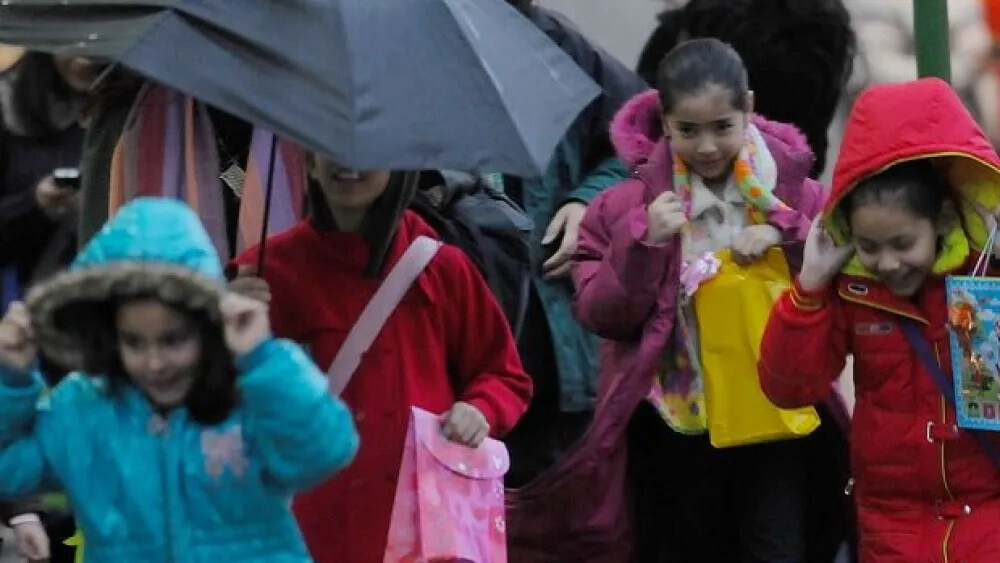
The National Association of School Principals (Sinadi) emphasized that educational institution heads should show leniency regarding student attire during cold weather and arrange supportive activities for students unable to attend school due to illness. This is to help students maintain their health and continue their studies.
Sinadi expressed concern over the recent surge in respiratory disease cases and issued recommendations to prevent the spread of hypothermia and respiratory illnesses. The main recommendations are as follows:
Flexible Dress Codes and Transition to Indoor Activities
Sinadi recommended that on days when temperatures drop sharply, schools apply flexibility to dress codes, allowing students to dress warmly rather than strictly adhering to uniform regulations. This is essential for students to protect their bodies from the cold and maintain their body temperature. Furthermore, to minimize students' exposure to cold, activities such as morning assemblies and singing the national anthem should be held indoors in classrooms. Prolonged outdoor activities should be avoided, and during rainy or cold weather, activities should be shifted indoors.
Strengthening Disease Prevention and Management
Sinadi emphasized the importance of informing parents in advance that students showing cold symptoms should not attend school. Schools should promptly communicate with parents via WhatsApp groups, etc., to share updates on students' health conditions. Strict controls should be implemented at school entrances to detect respiratory disease symptoms in students, and a response protocol should be activated to immediately contact families and send home any student found with symptoms. Additionally, schools should cooperate with parents to ensure students have completed respiratory disease vaccinations to boost their immunity.
Ensuring Academic Continuity and Communication with Families
For students unable to attend school due to illness, various supportive activities should be arranged to minimize academic disruption, such as providing remote learning materials, assigning alternative tasks, and facilitating online class participation. This is a crucial measure to help students not fall behind academically due to health reasons. Finally, Sinadi proposed that educational institutions communicate closely with families to discuss sports and extracurricular activities that students can safely participate in, even during cold weather. This highlights the importance of cooperation in maintaining students' physical activity while protecting their health.
Sinadi's recommendations prioritize the health and safety of students while simultaneously striving to ensure academic continuity. Educational institutions should actively implement these guidelines to contribute to students' healthy growth and the creation of a conducive learning environment.
[Copyright (c) Global Economic Times. All Rights Reserved.]




























